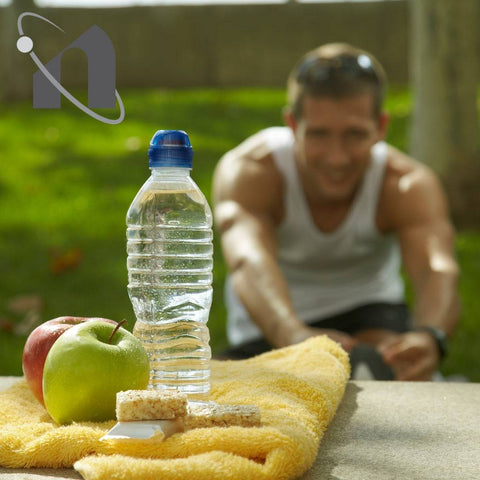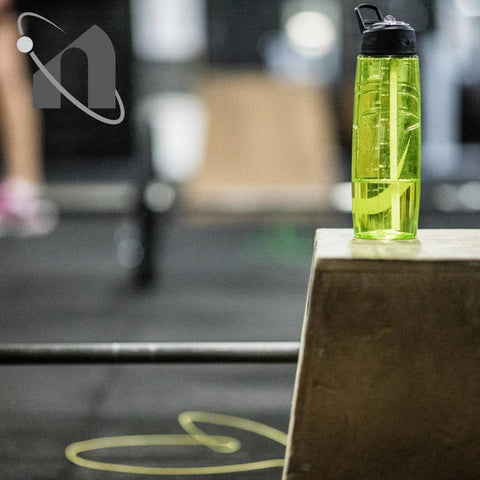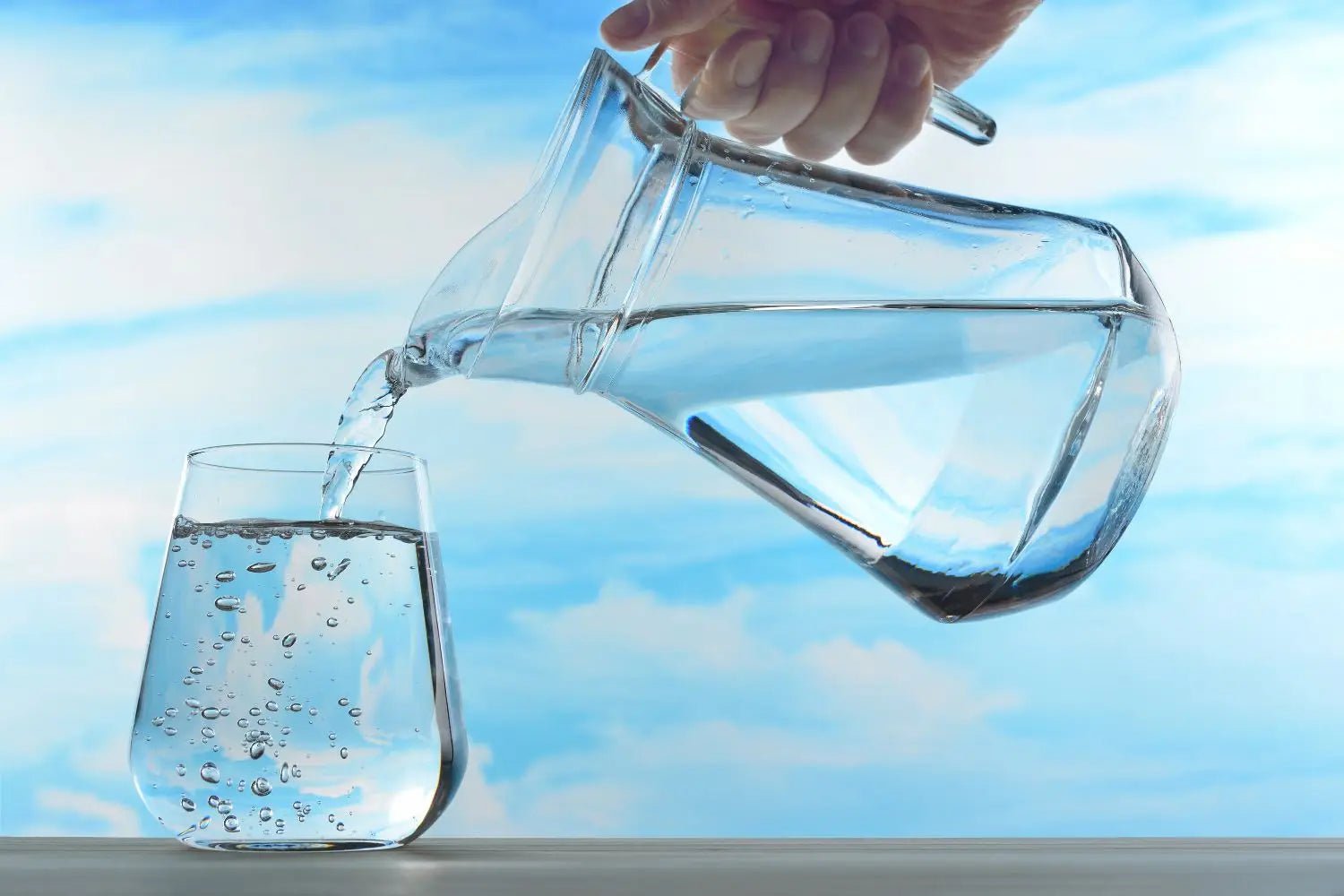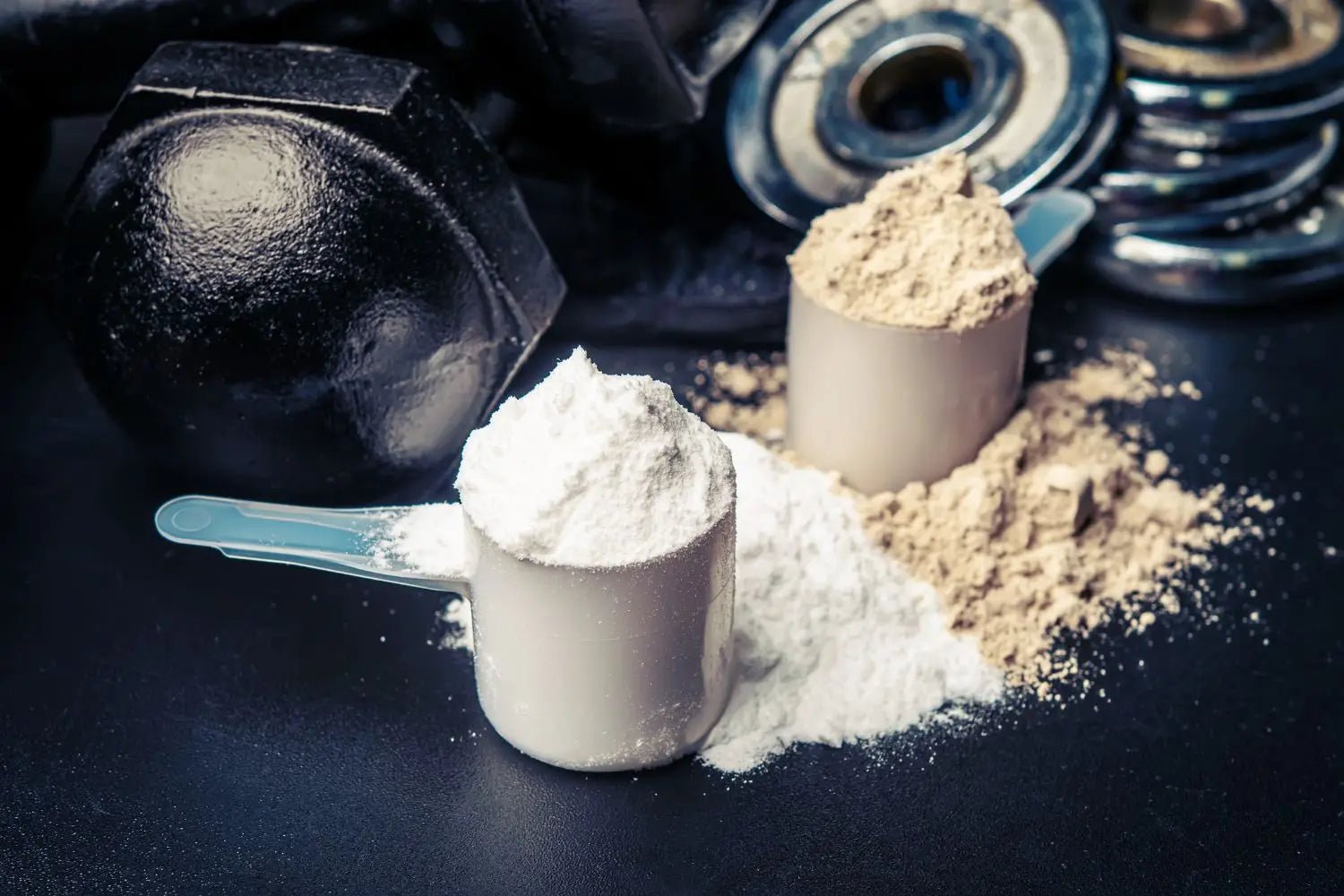How Water and Electrolytes Impact Performance and Recovery
Hydration is often an underestimated factor in athletic performance and recovery. Water and electrolytes play a crucial role in keeping the body functioning optimally, particularly during physical exertion. In this article, we will explore the importance of hydration, the role of electrolytes, and how to maintain an optimal balance for peak athletic performance.
"Hydration is the key that unlocks your full athletic potential."
The Role of Water in Athletic Performance

Water is a fundamental component of the human body and plays a pivotal role in athletic performance. During physical activity, we lose water through sweat, which can lead to dehydration if not replenished adequately. Dehydration can cause fatigue, decreased endurance, and impaired motor skills, all of which affect athletic performance. Consuming enough water helps regulate body temperature, transport nutrients, and lubricate joints—ensuring you stay at your best.
"Hydration is the key that unlocks your full athletic potential."
Why Electrolytes Are Vital for Athletes
Electrolytes are minerals—such as sodium, potassium, magnesium, and calcium—that help maintain the body's fluid balance and muscle function. When we exercise, we lose electrolytes through sweat, especially during prolonged or high-intensity activities. Replenishing electrolytes is essential to avoid muscle cramps, fatigue, and other negative effects of electrolyte imbalance.
"Electrolytes keep your muscles moving and your body balanced during every workout."
Signs of Dehydration and Electrolyte Imbalance

It’s crucial for athletes to recognize the early signs of dehydration and electrolyte imbalance. Symptoms include:
- Thirst: Often, by the time you feel thirsty, you're already dehydrated.
- Muscle cramps: A sign of low sodium or potassium.
- Dizziness or lightheadedness: Often due to an imbalance of sodium and water.
"Listen to your body’s signals to avoid dehydration and maintain peak performance."
Best Practices for Maintaining Hydration

To ensure optimal hydration:
- Drink water consistently throughout the day. Don't wait until you're thirsty.
- Use a balanced electrolyte drink if you are sweating heavily or working out for over an hour.
- Monitor urine color as a quick gauge of hydration status—pale yellow indicates proper hydration.
Electrolyte Supplements: When and Why?
Electrolyte supplements can be a helpful way to replenish the minerals lost through sweat. For athletes involved in endurance sports or those training in hot environments, electrolyte supplementation helps prevent dehydration and maintain energy levels. Nutrascia's Fast-D Carb is an excellent option to consider, providing an optimal blend of fast-absorbing carbohydrates and electrolytes for quick replenishment.
"Supplementing with electrolytes can help you go the extra mile when the heat is on."
Conclusion
Water and electrolytes are essential for anyone involved in physical activity. Hydration affects endurance, strength, and mental focus, while electrolytes help keep muscles functioning smoothly. To stay at your peak, remember to hydrate regularly, replenish electrolytes, and listen to your body's signs of dehydration.
Quote: “Proper hydration and electrolyte balance can elevate your performance to new heights.”
FAQs
Why are electrolytes important for athletes?
Electrolytes help maintain fluid balance, muscle function, and nerve activity, all crucial for athletic performance.
How can I tell if I’m dehydrated?
Signs of dehydration include dark urine, fatigue, and dizziness.
Should I drink water or an electrolyte drink during exercise?
For workouts under an hour, water is typically sufficient. For longer, high-intensity sessions, an electrolyte drink is recommended.
Takeaways
- Hydration is crucial for maintaining peak athletic performance.
- Electrolytes support muscle function and help prevent cramps.
- Drink water before, during, and after workouts, and consider supplements if needed.




Leave a comment
All comments are moderated before being published.
This site is protected by hCaptcha and the hCaptcha Privacy Policy and Terms of Service apply.